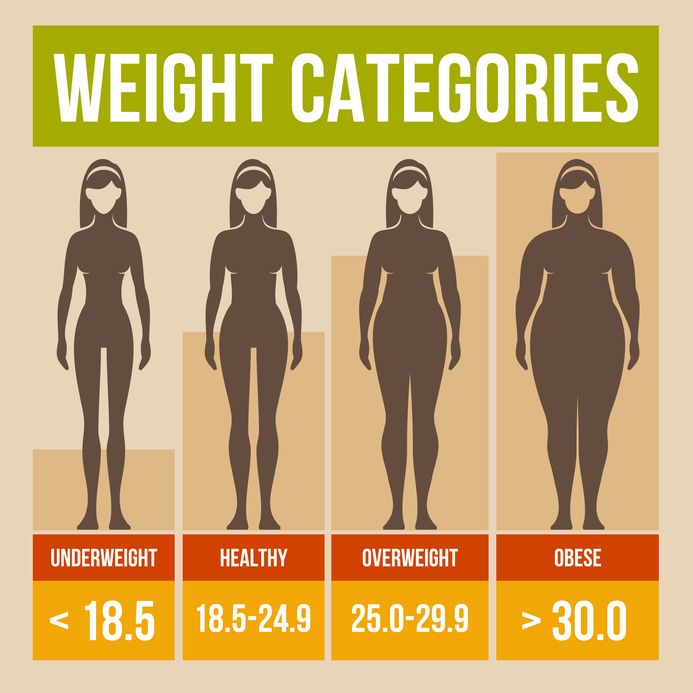Thinking of becoming an egg donor? It’s a noble gesture helping hopeful parents build families. But before you jump in eggs first, let’s talk about your BMI, since having a healthy BMI is one of the most important criteria for becoming an egg donor.
What is BMI?
BMI stands for Body Mass Index. It is the ratio of your height to your weight. Doctors use BMI to measure whether a person is underweight, at a healthy weight, overweight or obese. While standards slightly vary, a healthy BMI generally ranges from 18.5 to 24.9, according to the Centers for Disease Control and Prevention. For egg donors, however, there’s a little more wiggle room: an acceptable BMI is 18-30.
Other criteria like age, health conditions, medication use, menstrual cycle regularity, and lifestyle factors will also be considered when it comes to determining whether you are a good candidate for egg donation. Your Ovatures adviser will review these with you once you meet.
How to Calculate Your BMI
To calculate your own BMI, multiply your weight by the number 703, divide the result by your height in inches, then divide that number by your height in inches once again. Or to make it easier, try out this fun calculator from the National Institutes of Health (NIH).
Four reasons why it’s important to have a healthy BMI when planning to donate eggs:
- An egg donor will take medication in order to stimulate her ovaries to produce eggs. An egg donor with a BMI above the acceptable range may need to take higher doses of the medication and, as a result, egg quality may be impaired and fewer eggs may be produced.
- An egg donor with a BMI that’s too low runs the risk of developing Ovarian Hyperstimulation Syndrome (OHSS), where the ovaries over-respond to medication. This can cause the ovaries to become swollen and painful and, in some cases, rapid weight gain, abdominal pain, vomiting and shortness of breath can occur. Being in the normal BMI range for egg donors (18-30) helps you have a successful stimulation cycle.
- The BMI requirement is also a safety concern since the patient will be sedated during the egg collection process. Such medications are generally considered less safe for someone who is overweight because there’s a higher chance of complications during the procedure.
- During the egg retrieval process, a doctor uses an ultrasound probe to identify and extract eggs. With an obese patient, some doctors may have to enter through the abdomen rather than the vagina, which can result in fewer eggs and other potential complications.
Egg Donation Process: Easy Peasy
The biggest upside to donating eggs, besides helping a family fulfill their dream, is that it’s a quick and easy process. Once you’ve been approved as a donor, you will be given a medication to take in advance of your appointment. Then, once you come in for the egg retrieval, the procedure only takes about 15 minutes. And since you will be sedated, you will be asleep and won’t feel a thing. Simple as that! You’ll just need someone to drive you to and from your appointment.
BMI and Your Overall Health
Whether you become an egg donor or not, it’s important to have a healthy BMI since it helps prevent and control many diseases and conditions. According to the NIH, if you are overweight or obese, you are at higher risk of developing serious health problems, including heart disease, high blood pressure, type 2 diabetes, gallstones, breathing problems, and certain cancers. A healthy BMI also gives you more energy and positively affects your emotional and physical life.
Below is a chart that briefly explains how BMI relates to a person’s overall health.
So, all great reasons to work on your BMI score! For some help doing that, check out our other blog posts. This one offers suggestions for healthy eating and this one has lots of good ideas for staying active.
Here’s to your BMI health! You’ve got this!





